Agenda
Welcome cocktail reception
The Mint (10 Macquarie Street, Sydney). RSVP is required.
VIP GP-LP Dinner (by invitation only)
Agenda
Limited partners’ session (by invitation and in-person only)
A behind-closed-doors session in which LPs can share their experiences of private markets investment – across multiple geographies, using third-party managers or going direct, and leveraging advisory relationships. Attendance is limited to investors with active alternatives programs as well as to those currently not allocating but who wish to find out more about the industry. Featuring presentations, an interactive panel, and a practical group discussion, the session will cover topics including:
- The impact of slow deployment and weak distributions on allocations
- Whether a difficult fundraising environment means better terms for LPs
- The pros and cons of GPs adding new strategies
- What overseas expansion by superfunds means for Australia’s LP universe
- Portfolio diversification vs 1:1 co-investment rights
- What institutional investors are doing to attract and retain talent
- Efforts to drive diversity, equity, and inclusion agendas
- Alignment of interest issues involving GP-led secondaries
- Investing alongside LPs deemed high risk in an ESG context
Registration
Global strategies: GP be nimble, GP be quick
Private equity’s recent past has been characterised by readily available leverage, frothy multiples, and rapid deployment in a relatively benign macroeconomic environment. That has largely been turned on its head. GPs must adapt to this fast-changing late-cycle world by uncovering new sources of capital, revising deal origination tactics, ensuring transactions are structured for resilience, and being more thoughtful and targeted on exit planning. Our panellists explain how they are responding to tough market conditions.
- How is geopolitics being factored into deal assessment?
- Where are the most attractive pockets of opportunity globally?
- What from the last 10 years will tell us who will prevail in the next 10 years?
- Are private markets on the cusp of a long-term structural shift?
Australasia spotlight: Solving the puzzle
Australia is not immune to global fundraising challenges, while headline deployment has slowed, largely due to a drop-off in large-cap deals. Yet the market is well-positioned, especially in an Asia-Pacific context, by virtue of its stability, accessibility, and track record of exits. The middle-market remains fertile territory, with deal flow picking up and several managers closing new funds. In this session, investors break down the Australian private equity opportunity, from capital formation through capital realisation.
- Who should Australian GPs visit in the search for new sources of capital?
- Is it a problem that many industry participants haven’t experienced a downcycle?
- How are investors approaching cross-border expansion opportunities?
- What are the most attractive exit routes and who are the most likely buyers?
Lunch
The big debate: Liquidity – exploring alternative options
The sluggish exit environment has impaired performance and put downward pressure on distributions, leaving LPs with limited capital to recycle into new commitments. Recognising the need to generate liquidity, GPs are exploring alternative routes, from highly structured secondaries to borrowing money against portfolios. Alignment is the biggest challenge. A manager might be beset by all kinds of conflicts of interest: around valuations, performance expectations, and economic incentives. LPs and GPs discuss what is – and is not – acceptable.
Hot topic: Accessing opportunities around decarbonisation and energy transition
Given the scale of the challenge, climate change is perhaps the largest investment opportunities of this century and decarbonisation solutions will play an essential role in accelerating the transition to a cleaner environment. For GPs, energy and climate represent a once in a generation investment opportunity if they can develop the internal skills to identify, win and operate assets that harness the growth. Climate change is barely out of the news so for those that can raise capital or pivot their focus to generate a positive environmental impact along with the financial returns, the ability to succeed when fundraising and future stability is increased.
- Where are the investment opportunities in decarbonisation?
- Which sectors are the most conducive to investment?
- What opportunities exist in sectors and assets that are not thematically aligned to decarbonisation?
- How are investors building processes and data management to avoid greenwashing?
Networking break
Sponsored by
Venture capital: Survival of the fittest?
Valuations have reset, global growth investors have retreated, and local VCs have reverted to earlier-stage deals. The environment is challenging, but not without opportunity; Australia’s leading start-ups may just need longer to grow into their valuations. Within the investor community, differentiation and distributions are key. Managers must demonstrate an ability to access top founders and technologies, and then find a route to liquidity. Experienced investors share their views on delivering value despite industry headwinds.
- How are VCs dealing with problems in their portfolios?
- What will be the main sources of liquidity in the next five years?
- Are superannuation funds overlooking up-and-coming local managers?
- Is artificial intelligence transforming investment theses?
Asia deep dive: Stick or twist?
Fundraising by Asia Pacific-based managers is at a 10-year low. China is off-limits for some investors and a challenge for others. It is unclear whether GPs can continue to thrive under changing economic conditions. But there are bright spots, notably Japan with its mature economy and steady stream of buyouts, and India, which is seen as delivering China-style growth without China-style baggage. Our panellists discuss risk premiums, pan-regional versus single country exposure, and manager selection.
- Why might the current vintage perform better than previous ones?
- Is emerging Asia becoming more of a buyout market?
- Why should LPs allocate more to Asia at the expense of other markets?
- Is now the time for a contrarian view on China?
Close of conference Day 1
Gala cocktail reception - in partnership with Australian Investment Council (RSVP is required)
AVCJ Gala Dinner – in partnership with Australian Investment Council (by invitation only)
Bringing together industry leaders and business stakeholders, in partnership with Australian Investment Council will see more than 400 people take part in this major private capital industry gathering.
Agenda
Portfolio management: Adapting to a new reality
Rising interest rates, inflation, higher borrowing costs, and reduced consumer spending – these appear to be the defining forces in an increasingly challenging post-pandemic return to reality. For private equity, it means greater portfolio volatility and extended holding periods. Addressing these operational risks requires sector expertise, well-executed value creation plans, and the ability to work with management while making tough decisions around costs and capex. Our expert panellists discuss how to generate alpha amidst adversity.
- What represents the biggest macro challenge to portfolio management?
- How are GPs thinking about cost controls and debt burdens?
- What represents best-in-class in terms of internal operational capabilities?
- To what extent is technology a panacea in value creation?
Private wealth: Filling the fundraising gap
High net worth individuals represent a huge and largely untapped source of capital for private equity globally. In an advisor-led Australian market, wealth management platforms have emerged as a prominent access point. Working effectively with these groups means understanding that their customers can differ markedly from institutional investors in terms of sophistication, education, risk appetite, and economic objectives. Our panellists explain how they assess opportunities and consider the long-term implications of democratising private markets.
- How popular is private equity versus other private markets options?
- Will semi-liquid products come to dominate the high-net-worth space?
- Is there scope for customisation in areas like fees, capital calls, and reporting?
- What more can be done in terms of education and expectations management?
LP spotlight: In search of performance
With longstanding tailwinds becoming less pronounced, the gap between outperforming and underperforming managers is expected to widen. Moreover, there is no guarantee that what worked in the last cycle will be equally effective in the next. These factors make GP selection increasingly important – it is not just about momentum plays that allow LPs to put large amounts of capital to work. Our panel of seasoned investors explains where they are putting their money and why.
- Have LPs redrawn their pacing models and revised assumptions on distributions?
- What questions are being asked of GPs that weren’t being asked two years ago?
- To what extent have fund terms and conditions swung back to favour LPs?
- How prevalent are ESG and DEI in allocation decisions?
Networking lunch and close of conference
Confirm cancellation
An error occurred trying to play the stream. Please reload the page and try again.
CloseSign-up to join the ION Analytics Community to:
- Register for events
- Access market insights
- Download reports








 play_arrow
play_arrow


 play_arrow
play_arrow






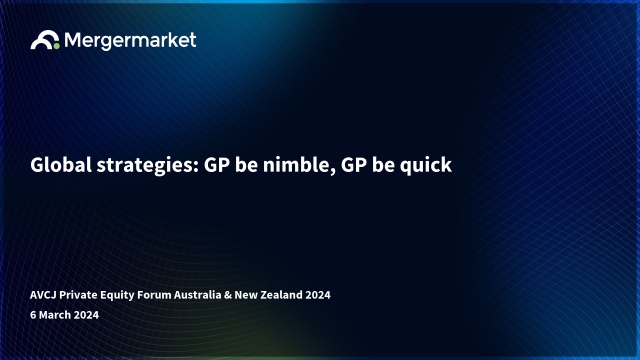 play_arrow
play_arrow





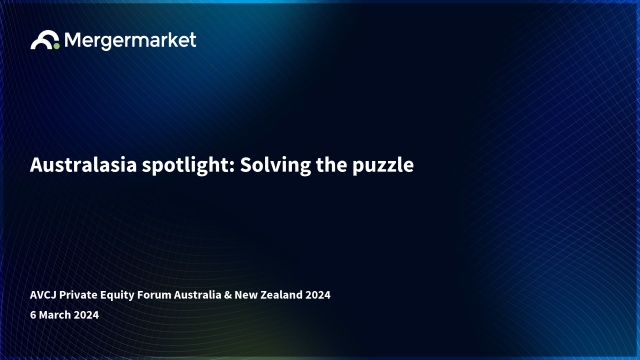 play_arrow
play_arrow





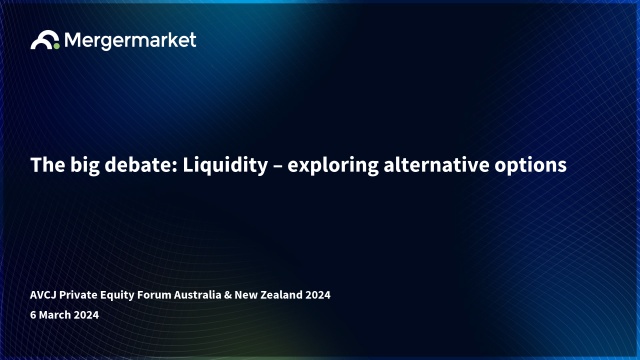 play_arrow
play_arrow




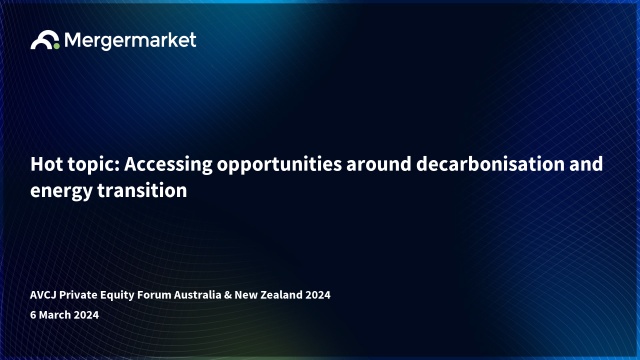 play_arrow
play_arrow






 play_arrow
play_arrow





 play_arrow
play_arrow




 play_arrow
play_arrow





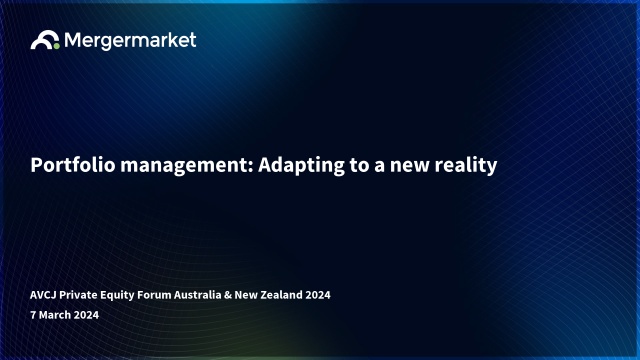 play_arrow
play_arrow





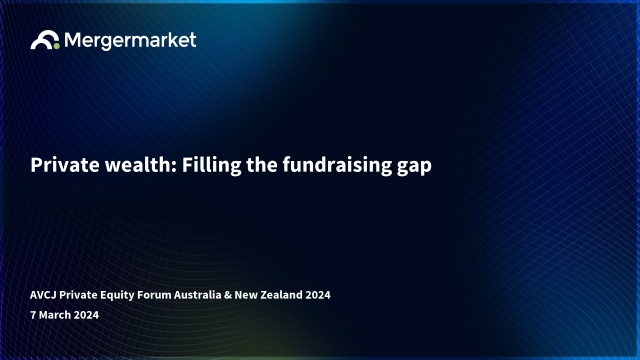 play_arrow
play_arrow





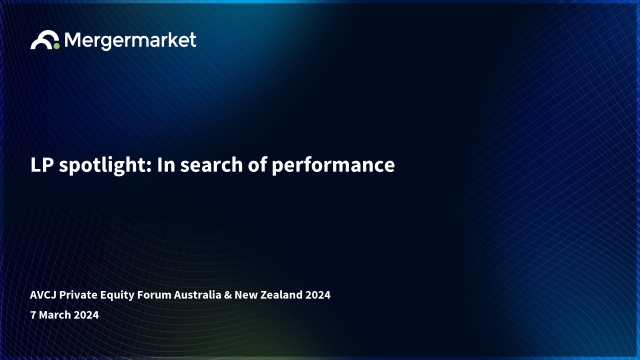 play_arrow
play_arrow


















































